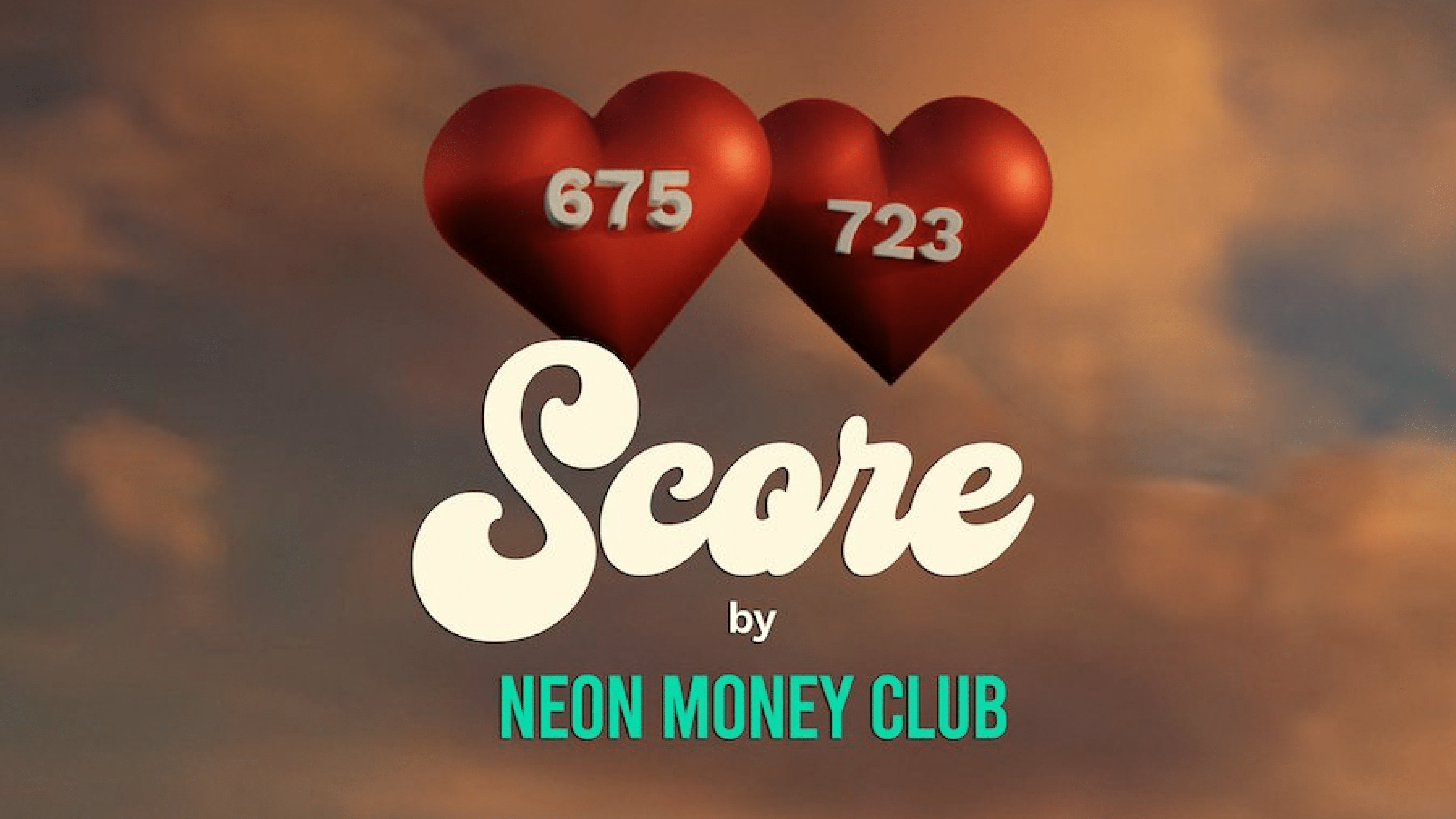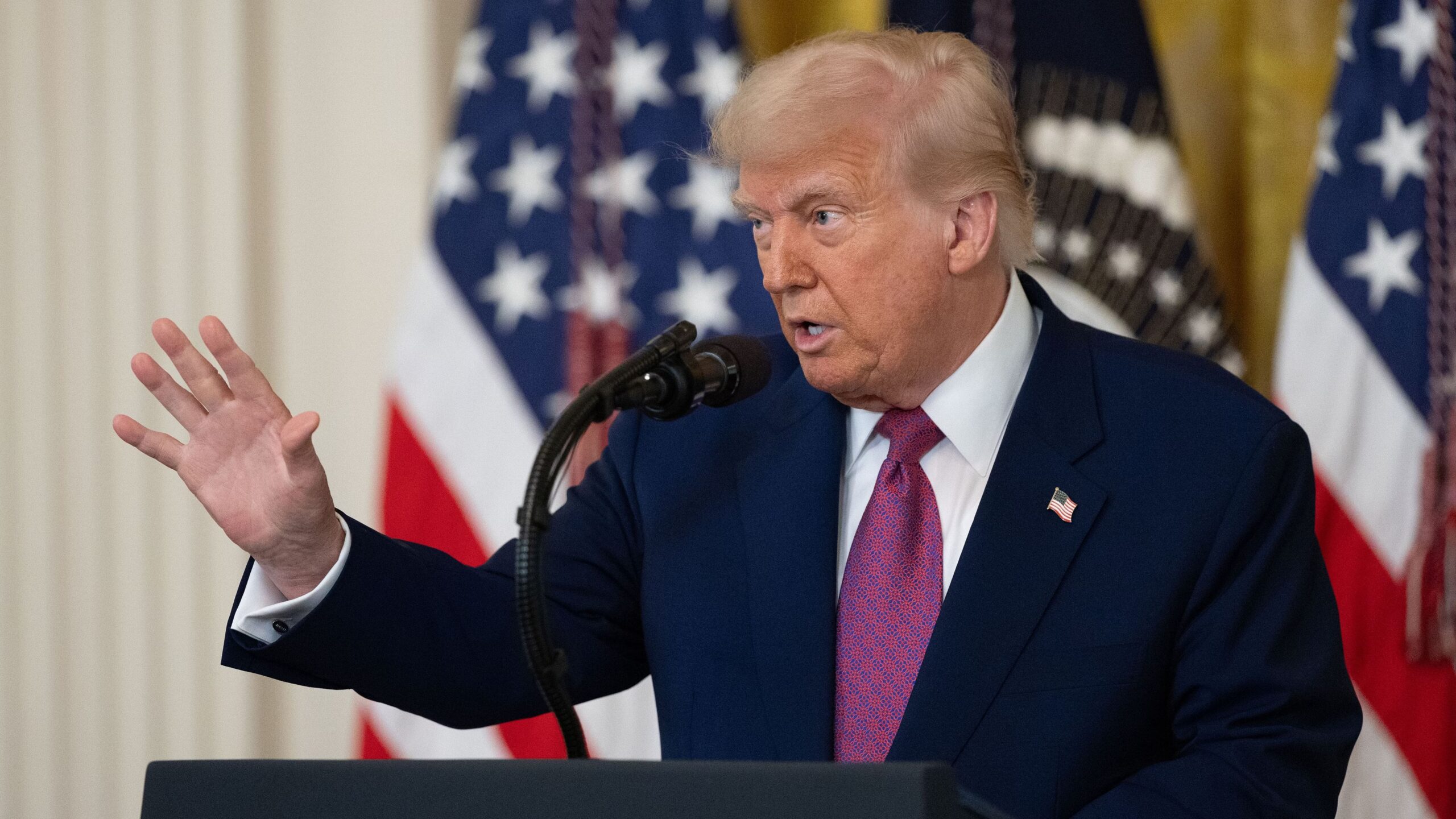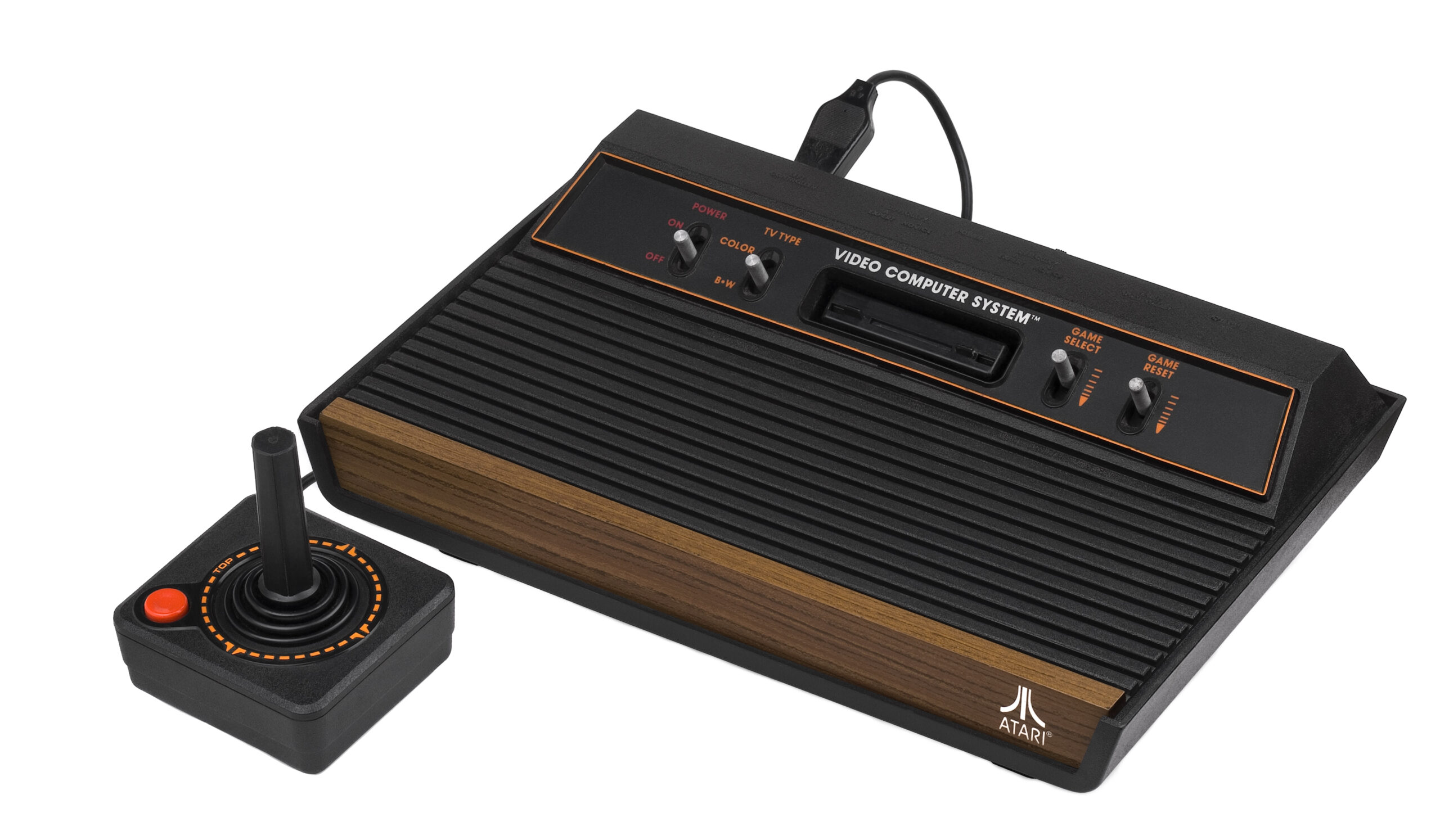Score, a dating app designed for individuals with good to excellent credit, officially shut down in early August, according to the company’s confirmation to TechCrunch.
Initially launched as a temporary, 90-day pop-up app, Score attracted significant user interest, leading parent company Neon Money Club to extend its availability for six months. During this period, the app amassed around 18,000 users and facilitated 8,000 matches, offering insights into the modern dating landscape.
Score’s Purpose
Luke Bailey, co-founder of Neon Money Club, explained that Score was created to raise awareness about credit health and spark broader conversations around the topic.
“We accomplished our goal,” Bailey stated, noting that the app was always intended to be temporary.
Despite the potential for acquisition, Bailey mentioned that larger dating companies are currently focused on maintaining the relevance of existing apps. He expressed satisfaction in the insights gained from Score, suggesting that another player in the industry could benefit from these learnings.
Key Data Insights from Score
Score collected non-sensitive data that highlighted trends in the dating scene, particularly in relation to credit scores among different generations:
- Millennials: The largest user group, with men having an 11% higher credit score on average than women.
- Generation Z: Showed a smaller gap, with men’s credit scores only 3% higher than women’s.
- Gen X: Had the smallest gender gap at just 0.4%.
Bailey highlighted the 11% advantage millennial men had over women as a significant finding, pointing to the financial burdens of education, such as student loans, that have disproportionately impacted women’s credit health. He hopes policymakers will address this economic gender gap. The app’s mission, he reiterated, was to educate users about their credit scores and connect them with resources to improve their financial wellness.
Since its launch in February, Score sparked debate, with some labeling it classist. Bailey rejected this criticism, emphasizing the app’s role in connecting people who prioritize financial health and in educating users about their credit. He underscored that the primary lesson users learned from the app was the importance of understanding their credit score.
Neon Money Club, founded in 2021 to promote financial literacy, has made significant strides, including becoming the first Black-owned tech business to launch a credit card with AMEX. While Bailey indicated that another dating app from the company is unlikely, he hinted at future projects focused on financial wellness, including new experiences related to their AMEX card, Time investing account, and a wellness studio.
“We’re currently developing powerful content — in our own signature way — that we think will have a major impact in the financial space and beyond,” Bailey added, encouraging followers to stay tuned for upcoming developments.










